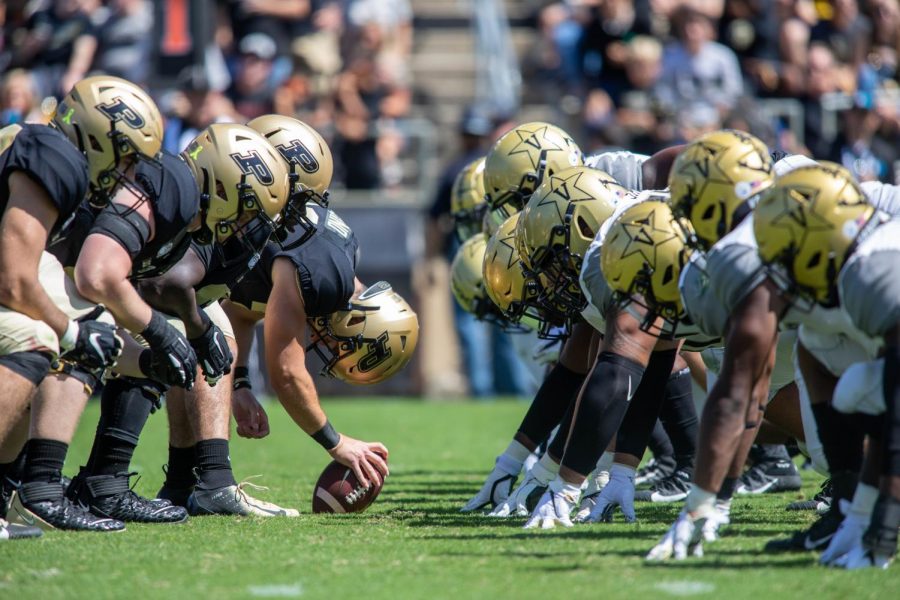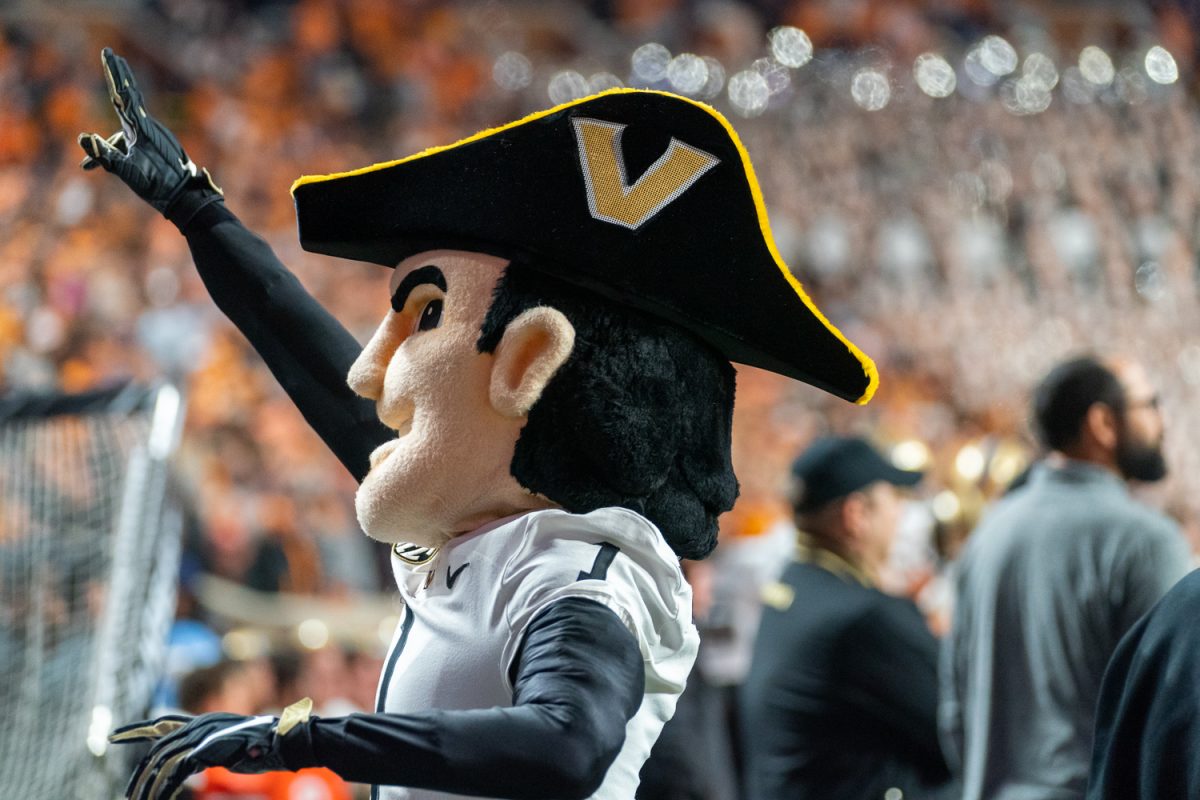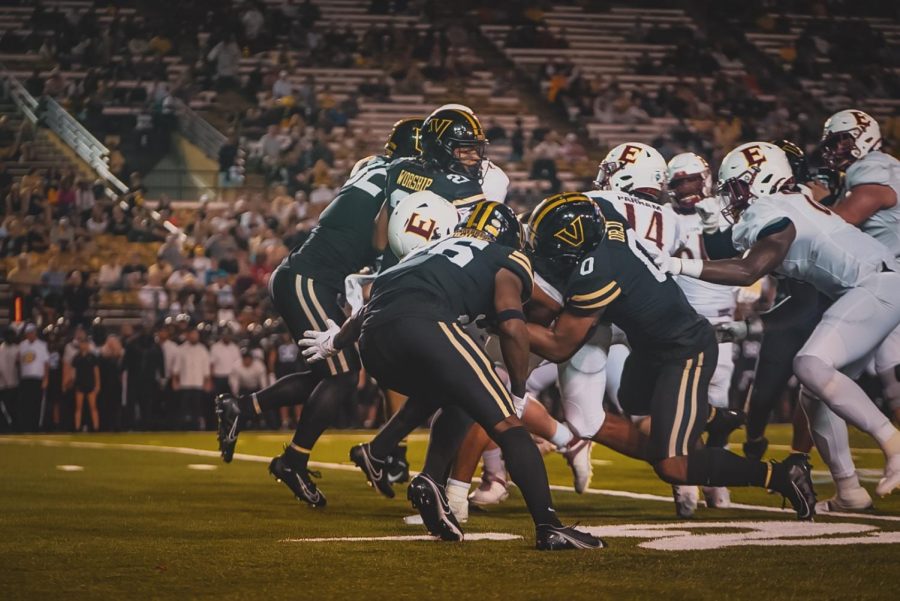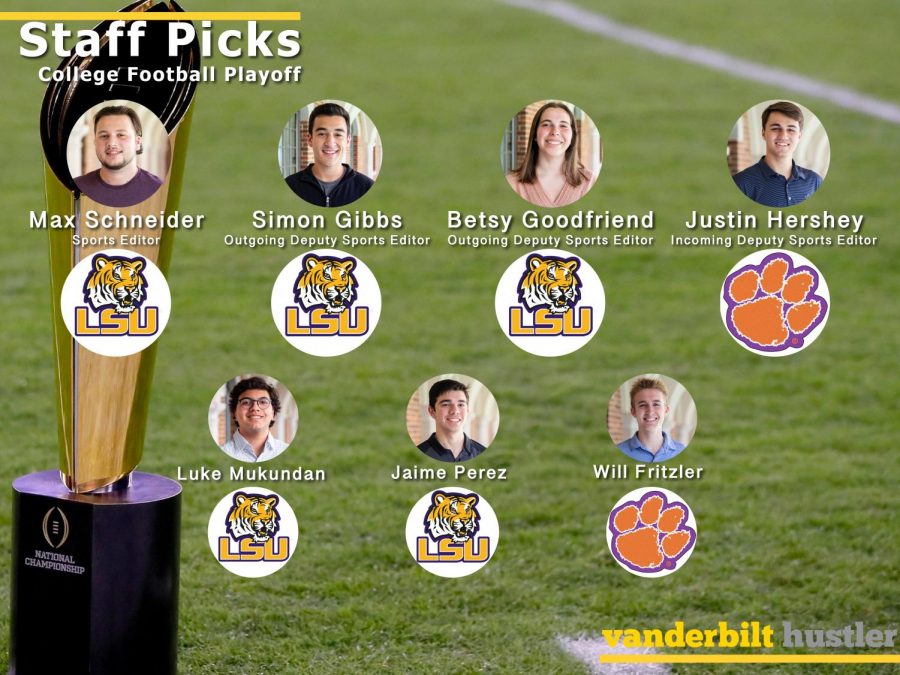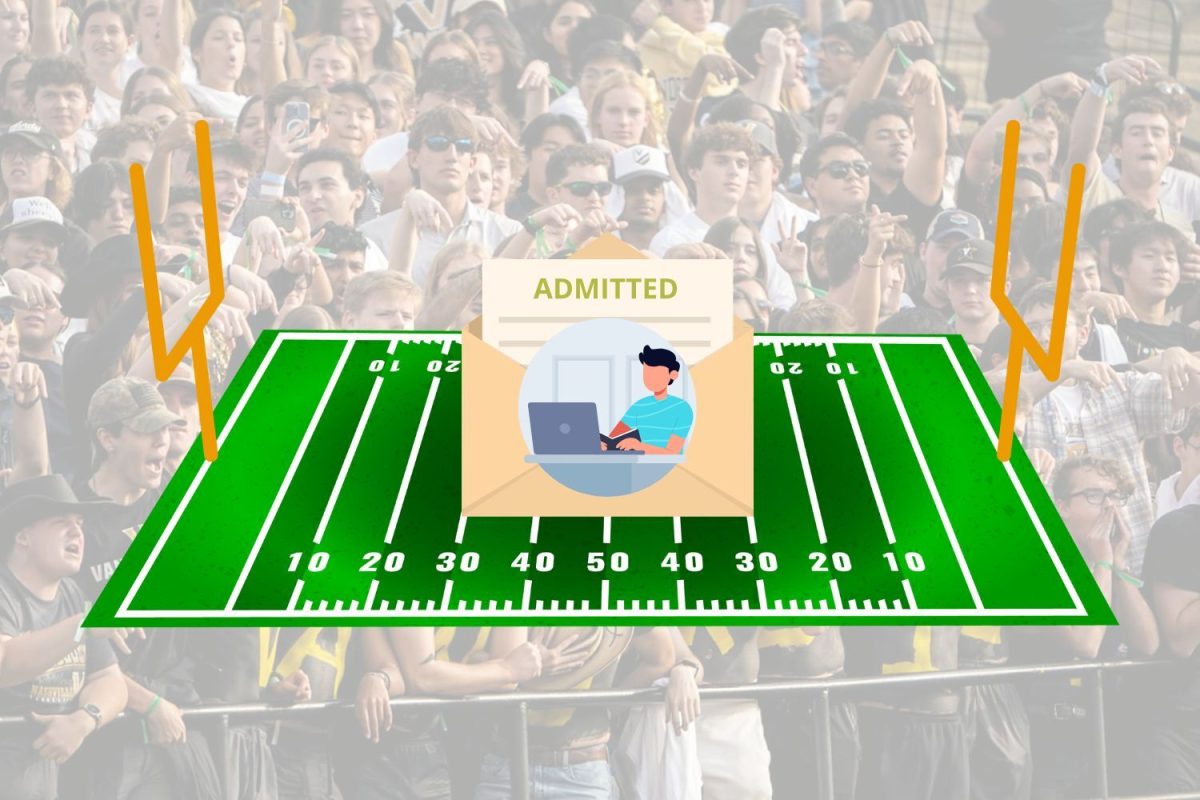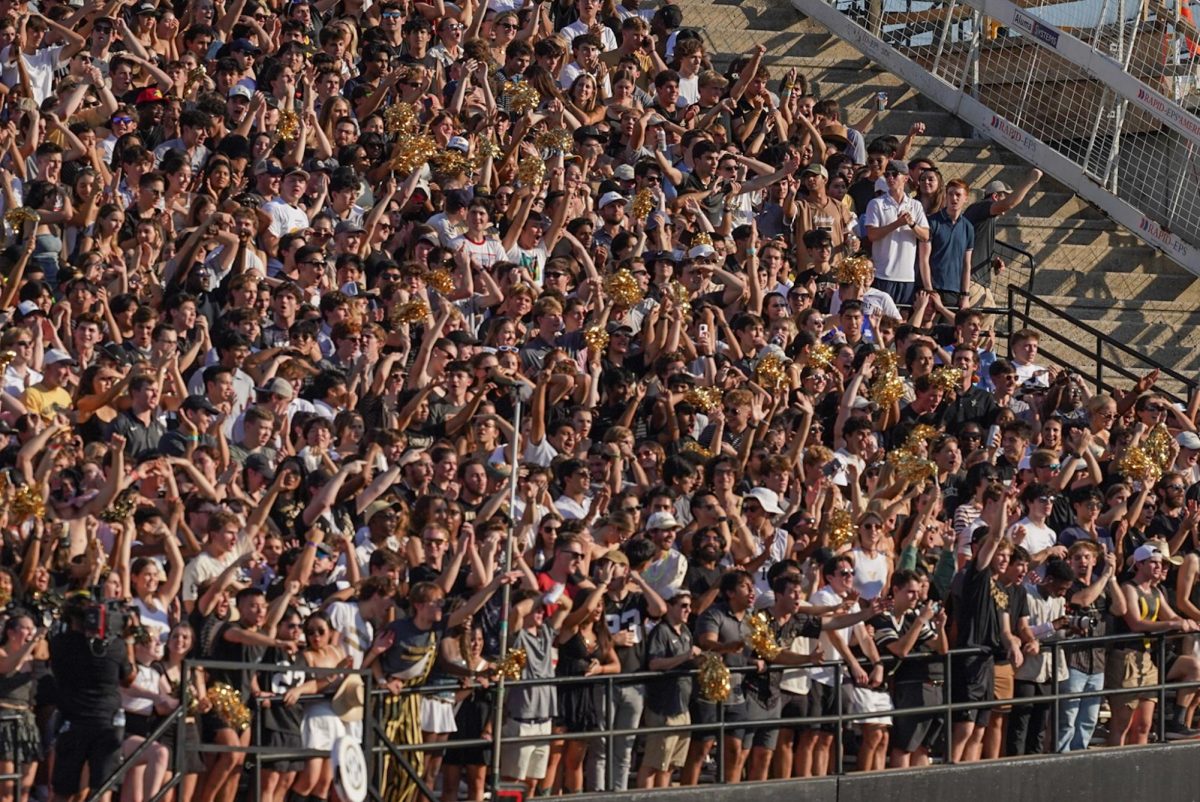Looking to place a bet on the Commodore’s next basketball game? As of now you can, but don’t be surprised if Vanderbilt decides to change that in the near future. This year, Tennessee will roll out it’s first legal sports betting apps after a 2019 sports gambling legalization. However, more and more schools have attempted to ban betting on college teams. This past October, Purdue, along with St. Joseph’s and Villanova, became one of several universities to prohibit students and faculty from betting on their own team. Purdue explained their choice to place this ban to “reduce the potential for deceit and ill-gotten gain” and to “protect members of the University community from any inference of profiteering from inside information, exercising undue influence or other improper conduct.” However, this is not a path Vanderbilt should follow.
Sports gambling is rapidly becoming one of the world’s biggest industries. By 2025, the market is projected to be as large as an $8 billion industry within the US alone, making it one of the country’s top ten biggest markets. This is largely a result of a Supreme Court case last year that ruled that states could decide whether or not to allow sports gambling in their jurisdiction. As of today, 20 states and the District of Columbia have legalized it, including Tennessee.
The concern is that college athletes, who legally cannot be paid for their performances, might be willing to throw a game if it meant tapping into the $8 billion market that exists around them. This most infamously happened with the Boston College basketball team in their 1978-1979 season when key players were bribed to intentionally perform poorly at certain games. Some of the gamblers involved made as much as $250,000 in that season alone and that was 30 years ago when the market for sports gambling was significantly smaller than it is today. Imagine how much gamblers could profit from this kind of activity now.
While scenarios like this resemble insider trading on the stock market and should not be allowed, traditional sports gambling is a victimless activity that universities have no business interfering with.
Further, bet policing could never be properly implemented. Even if Vandy decided to prohibit betting and start monitoring internet usage on sports gambling websites, there is no way to discern if students are betting on our team or others. If the school did start monitoring for sports gambling, it wouldn’t take a compsci major to figure out how to still place a bet without administration knowing.
“It’s far fetched to think that athletes will start fixing games now because of the legalization of sports betting” said sophomore Wil Gonzales. He believes banning sports gambling would be “purely symbolic” considering it would do nothing to actually stop the activity from taking place.
The Vice-President for Ethics and Compliance at Purdue even acknowledges this, stating that their policy will be enforced by students and faculty acting “with integrity even if wagering in violation of the policy could go undetected.” If the concern is that athletes might be willing to throw a game to make a side profit, it’s hard to imagine the “integrity” argument will be enough to persuade people.
The real issue at hand is not the gambling, its that an athlete might be tempted to rig their game to make some money. The solution? Pay college athletes. The NCAA makes over $1 billion every year. They have argued that scholarships and school benefits make up for their lack of pay, despite 80 percent of athletes saying they have missed classes for athletic requirements. The money sports teams make for universities exceeds the amount of the scholarship those schools give tremendously, in some cases by as much as $132 million. These athletes are bringing in incredible amounts of money for their work. It’s pretty obvious why they might feel tempted to take some money in exchange for swinging a game or too.
So how do we avoid a scandal like Boston College’s while still allowing students to bet on the Commodores? We do the right thing and pay our athletes.

